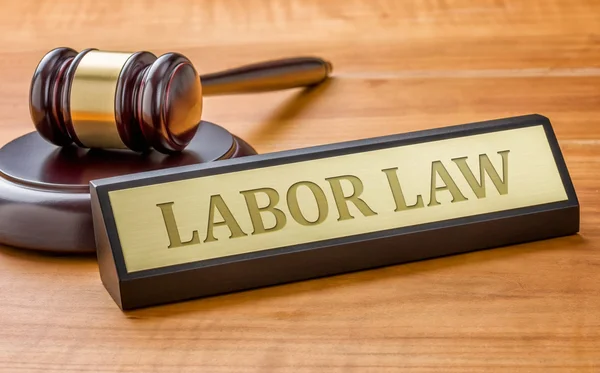3 Crucial Aspects of Labour Law Governance
22 Sep, 2022

If a company does not comply with Labour Laws of the land, it is exposed to what is called a compliance risk. Businesses need to become more effective and well-managed by letting an expert agency handle all the items on the statutory items checklist.
This way an entrepreneur or management team can focus entirely on managing the business and making it successful.
There are companies to which all-round legal and HR compliances compliance functions can be outsourced. The three crucial aspects of Labour Law governance in India are:
- Industrial Relations
- Workplace Health and safety
- Employment standards
1. Industrial Relations
These are important legislations dealing with the issues of industrial dispute, closure, lock-out, strike, retrenchment, lay-off, etc.
2. Workplace Health and Safety
These Acts regulate the working conditions of the workers employed in factories. It lays down provisions to ensure adequate safety measures are implemented in the factories for the health and welfare of the workers.
3. Employment Standards
This comprises laws dealing with remuneration- payment, deduction, and related issues. Also, laws dealing with the social security of the employees, nature and conditions of service and employment such as the issue of working hours, weekly holidays, the interval between working hours, etc.
Why businesses need to ensure Labour Law Compliance?
It all starts with registering your business to make it into a legal entity under the Shops and Establishments Act of 1953 or the Factories Act of 1948. Obtaining a PAN or GST follows the registration process.
Any business or organisation is bound to employ people. This is when HR compliance needs to come into the picture. Provident Fund (PF), Employee State Insurance (ESI), Professional Tax management and Employee Welfare Fund management are the most important topics under HR compliances.
The next logical step for a business or organisation employing people and that means payroll processing. A payroll compliance service ensure that salaries are accurately computed and readied for payment on a timely basis
Apart from the Acts mentioned above, other Acts coming under Labour Law are Minimum Wages Act of 1948, and the Equal Remuneration Act of 1976. Some of the mandatory Labour Law compliances that a company must adhere to are listed here:
- The Payment of Bonus Act
- The Contract Labour (Regulation & Abolition) Act
- The Child Labour (Prohibition & Regulation Act)
- The Industrial Disputes Act
- The Payment of Gratuity Act
- The Industrial Employment Standing Orders Act
- The Employee Compensation Act
- Sexual Harassment of Women at Workplace Act
- The Employment Exchanges (Compulsory Notification of Vacancies) Act
Summing Up
Labour laws are crucial for ensuring that a company’s employees are treated in the right way, and strictly adhering to these laws shows that the management truly cares about their people.
There are many acts that make up the labour laws in India. In order to ensure that your organzition is compliant to all of them, and most importantly the three particular pillars of the labour act; you need to take the help of an experienced organzaiton.
Bizproutx has been helping countless companies across industries and segments adhere to labour laws and also set up payroll and other compliance aspects.
Publisher: Suma | Bizprout Expert Systems Pvt. Ltd


